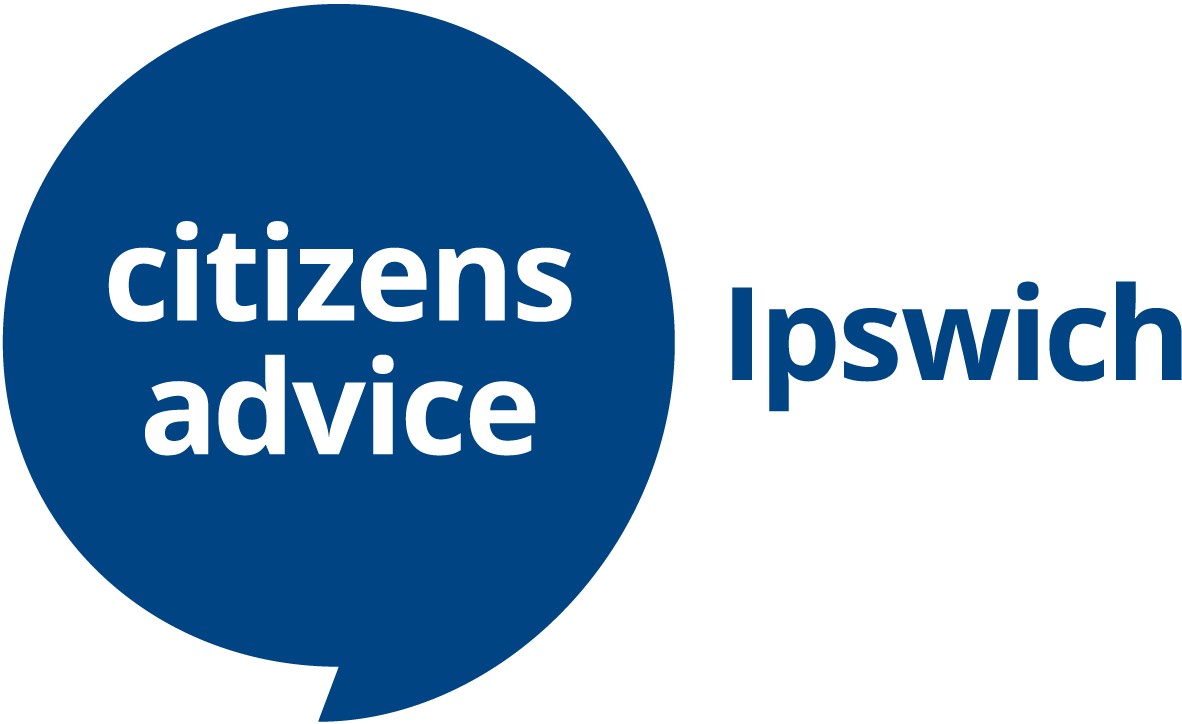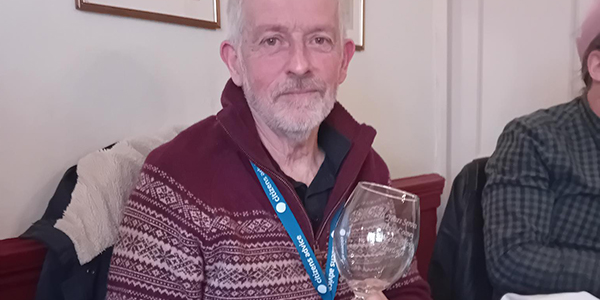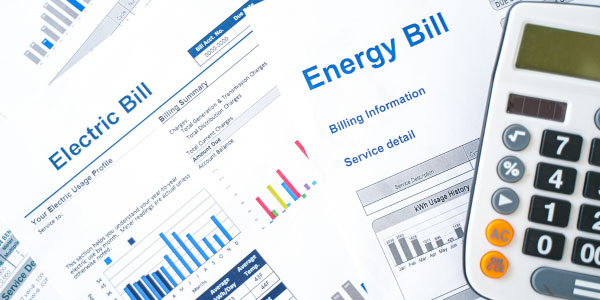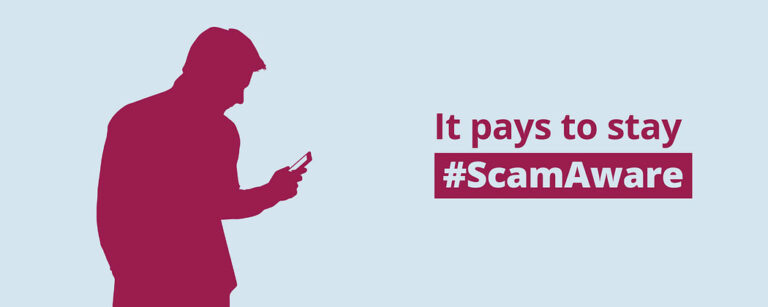Who wants to be a trustee? And just what is involved?
We caught up with Lucy Evans, one of our trustees, to ask her about becoming a trustee. Tell us a bit about your work outside Citizens Advice My professional background has predominantly been within the public sector. My interests in this area are customer service, research, and delivering written content in plain English. Through my…










